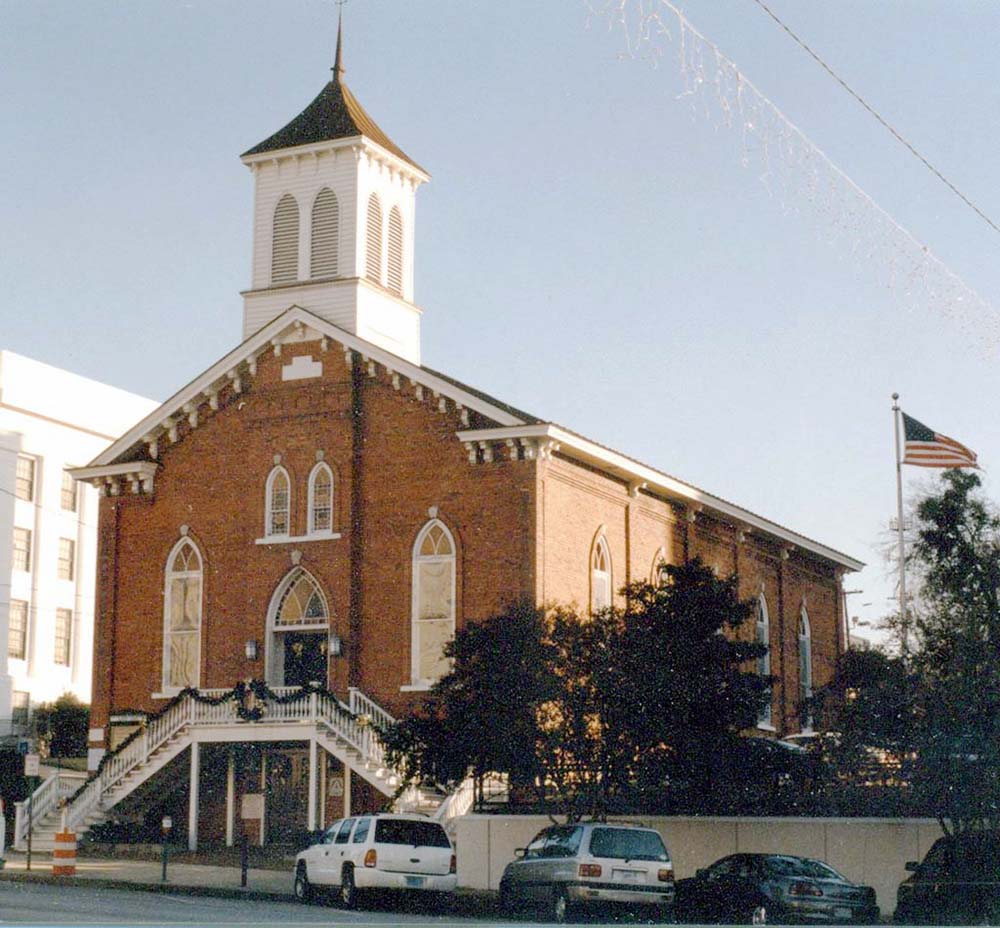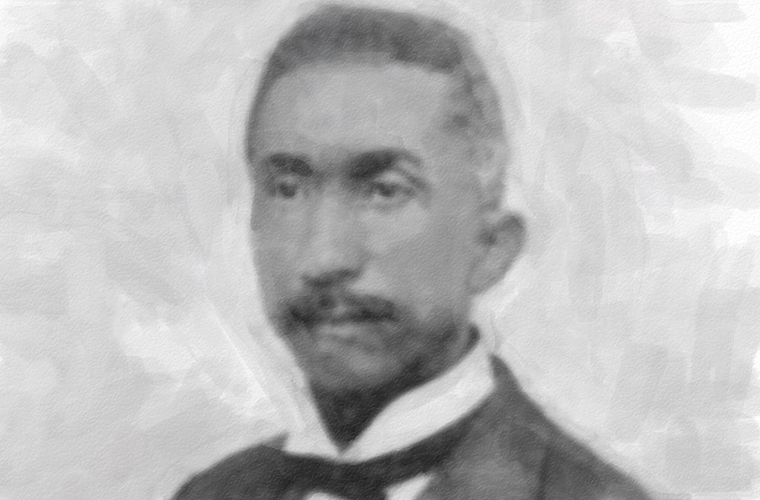Charles Octavius Boothe was an influential African-American Baptist minister and author. He was born on September 13, 1845, in Mobile, Alabama, during a time of slavery in the United States. Despite facing significant obstacles, Boothe made significant contributions to the African-American community through his ministry and writings.
Boothe’s most notable work is his book titled “Plain Theology for Plain People.” Published in 1890, this book was intended to provide accessible theological teachings for African-American congregations. Recognizing the need for theological education among Black Christians, Boothe aimed to present complex theological concepts in a clear and straightforward manner. “Plain Theology for Plain People” became a valuable resource for African-American churches and pastors during a time when educational opportunities were limited.

As a Baptist minister, Boothe dedicated his life to serving his community. He served as the pastor of Dexter Avenue Baptist Church in Montgomery, Alabama, and later became involved in the Alabama Colored Baptist Convention. Boothe was an advocate for education and encouraged African Americans to pursue intellectual growth and spiritual development. His sermons and teachings emphasized the importance of faith, self-improvement, and social upliftment.
Boothe’s writings and contributions played a significant role in shaping the theological and intellectual landscape of African-American churches in the late 19th century. He promoted a message of hope, empowerment, and racial pride, challenging the oppressive systems and prejudices of the time. Boothe’s work continues to be studied and appreciated for its insights into African-American religious thought and the struggle for equality.
Charles Octavius Boothe’s legacy as a minister, author, and advocate for African-American education and empowerment remains influential. His dedication to providing theological guidance for his community and his commitment to social progress serves as a testament to his significant contributions to African-American religious and intellectual traditions.

